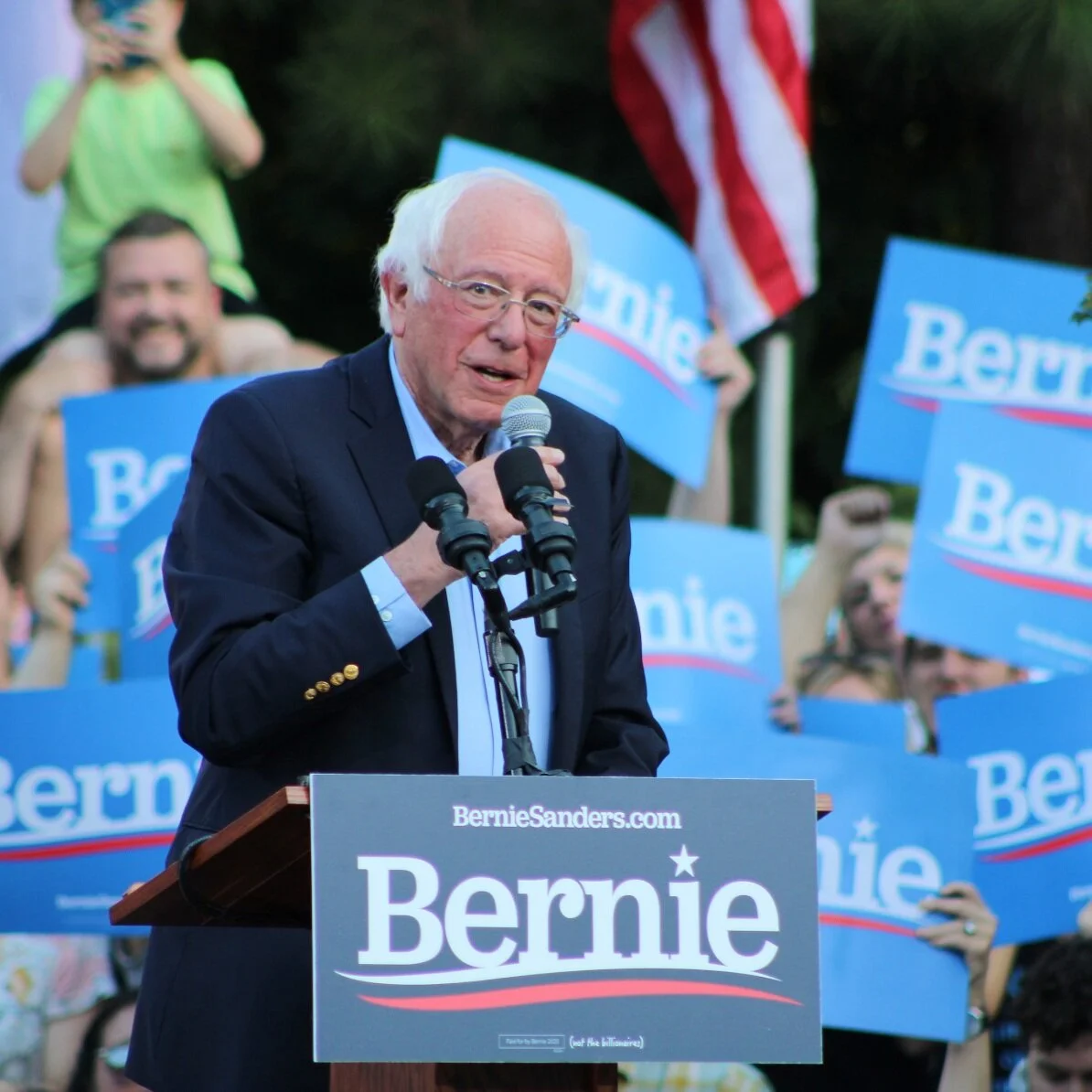Optimizing quality, cost, and accessibility of healthcare may be a three-pronged scenario, but there remains room for improvement in both Australia and the US. Business Today spoke to Anjana Sreedhar, author of “Healthcare of a Thousand Slights”, and Charles Fedor, an economics student at the University of Western Australia, about perceived gaps and possible solutions for the Australian and American health insurance and healthcare spaces.
Read MoreIn October 2020, Ray McGuire, Citi Vice Chairman and head of Investment Banking, left his position at the bank to run for New York City Mayor. Charlotte O’Toole reflects on how his departure leaves Citi with no black executives–a reminder of the tenuous state of executive black representation in the financial industry.
Read MoreWin Cramer is the CEO of JLab Audio, a leading personal audio company and one of the nation’s most highly-rated providers of accessible True Wireless headphones. In an interview with Bryan Wang, Cramer describes JLab’s unique growth and adaptability in a shifting political environment.
Read MoreAs regulation of private and public health coverage continues to be debated in the political arena, a comparison between Australian and American health systems illustrates the benefits and shortfalls of each. 2020 Summer Journalism Fellow Millie Muroi speaks to Anjana Sreedhar, author of Healthcare of a Thousand Sights, about the unique problems faced by the Australian and American healthcare spaces.
Read MoreAnthony D. Romero has spent over 19 years working at the forefront of the fight for civil liberties as Executive Director of the American Civil Liberties Union (ACLU). He discusses the successes of the organization’s growth over the past two decades as well as the work the organization is committed to going forward, in the face of a racial reckoning, a global pandemic, a new administration, and a conservative Supreme Court.
Read MoreOriginally from Zagnanado in central Benin, Leonard Wantchekon is a Professor of Politics and International Affairs at Princeton University. Largely, his work stands at the intersection of Politics, Economic History, and Development Economics, particularly in Africa, and has also contributed significantly to the literature on clientelism and state capture, resource curse, and democratization.
Read MoreAmy Wang (Director of Content at BT) is joined by past and current Schwarzman Scholars Michael Shin ('19) and Amanda Morrison ('20) in a discussion of the value of cross border communication and how the program has adapted to the global pandemic. Listen to the panelists discuss present challenges for global cooperation and share advice for those interested in the Schwarzman Program.
Read MoreAI is being used to streamline the healthcare industry, but concerns over data privacy beg the question of how HIPPA laws will shift the industry of health care innovation. On the flip side, obtaining data about patient treatment has the potential to empower an informed health care consumer to choose how they want to contribute to their own care. Whether we perceive the proposed technological advancements as helpful or overreaching will depend on the “doublespeak” marketing involved.
Read More‘Made in’ labels reveal as much about a product as they do about its country of origin. A strong national brand can attract capital—technological and human—that drives growth. Countries build up their national brands over decades, yet China and the European Union are among those launching ambitious programs to rehaul their brands within just several years.
Read MoreSenator Bernie Sanders has been one of the most vocal supporters of a single-payer Medicare plan, and he has not shied away from calling out the pharmaceutical industry for driving up drug prices. However, is his approach truly the panacea for the American healthcare crisis?
Read MoreFor the past two decades, the rise of tech companies has been remarkable. However, antitrust rhetoric in political circles may mean we are seeing the beginning of the end for large tech giants.
Read MoreThe Peace Agreement signed in 2018 covers not only the necessary political, military and institutional changes, but also dedicates a whole chapter of its articles to transitional justice. With this mechanism there is hope that the highly corroded social fabric can heal gradually for the benefit of the population.
Read MoreHowever, for all the good these companies have done for us, their dominating nature provides the opportunity to completely control innumerable aspects of our lives with no consequences for their actions – something that should also be considered.
Read MoreVenezuela must use oil as a diplomatic mechanism to achieve its objectives. However, the nation must have a coherent and realistic foreign policy through which it could obtain economic benefits and/or true allies in the Caribbean region.
Read MoreOn March 2nd, in a speech at the Conservative Political Action Conference, President Donald J. Trump declared his intention to sign an executive order supporting free speech on colleges’ campuses.
Read MoreThe Chinese Dream is the rejuvenation of the nation to its historical state of political and economic brilliance.
Read MoreIn corporate boardrooms, compliance and legal departments, and even politics, could we start seeing more and more automation?
Read MoreIn short, the French not only strike and protest more often, but when they do, they ensure that the protests and strikes make headlines. This all begs the question: why exactly do the French strike?
Read MoreOn December 16th, a GoFundMe campaign was started by a Trump supporter to fund the building of the border wall.
Read MoreCash will be around in most societies for many decades; however, some nations are already well on the road to going entirely cash free. One of these nations is Norway.
Read More


















